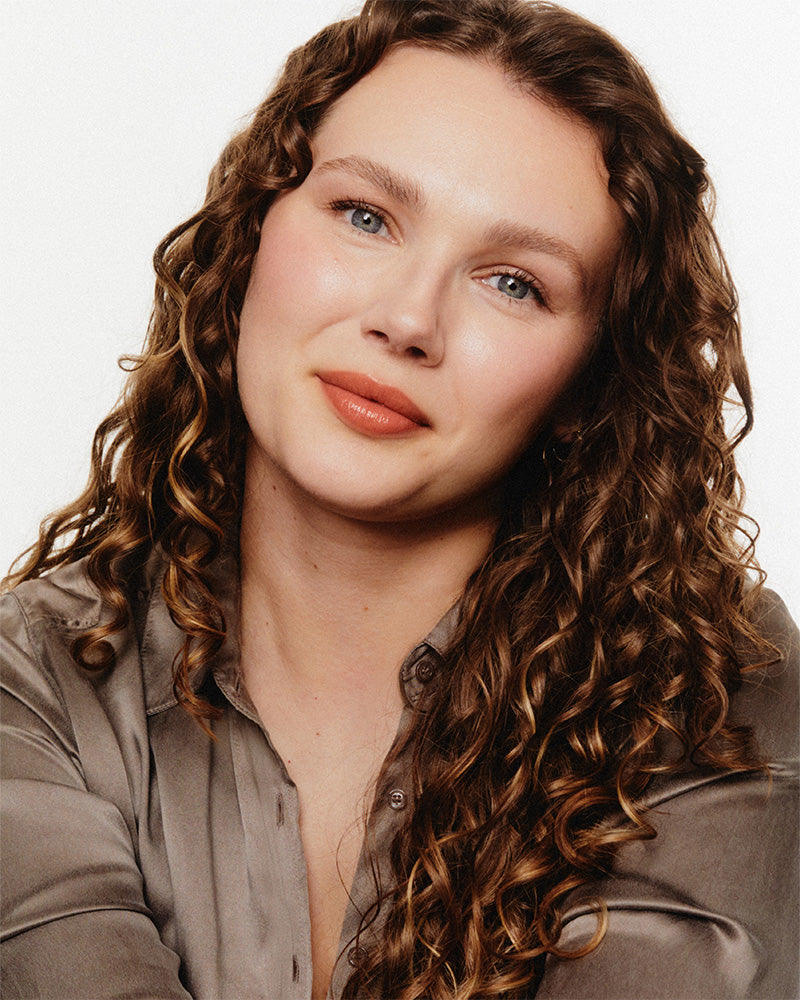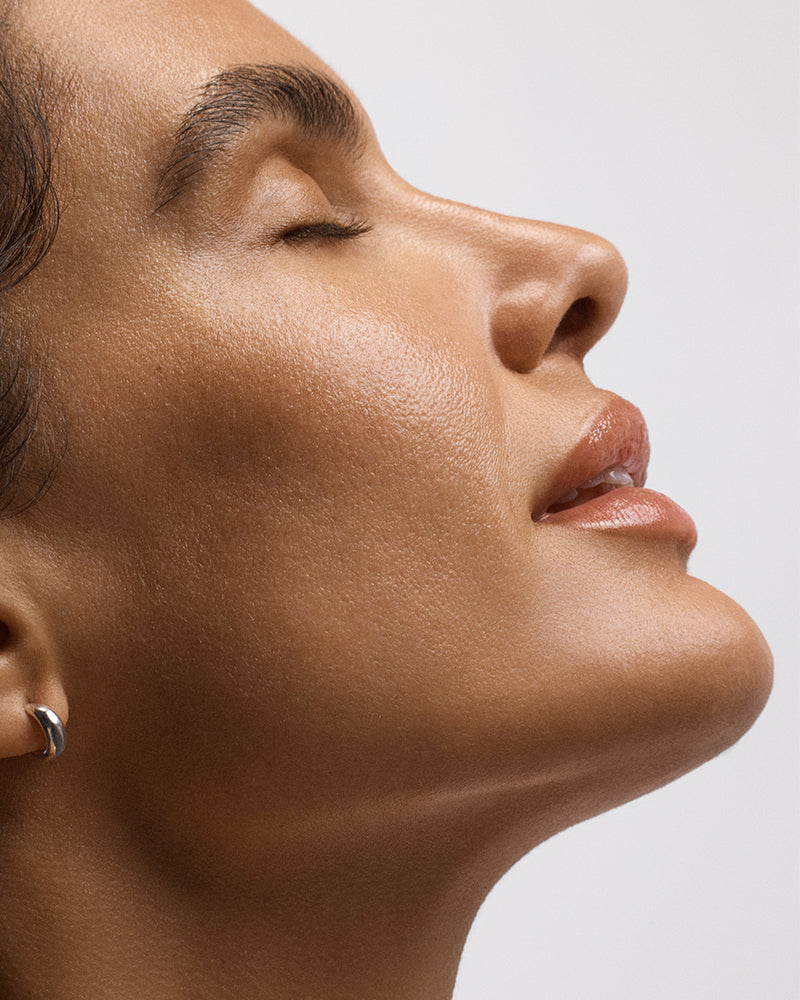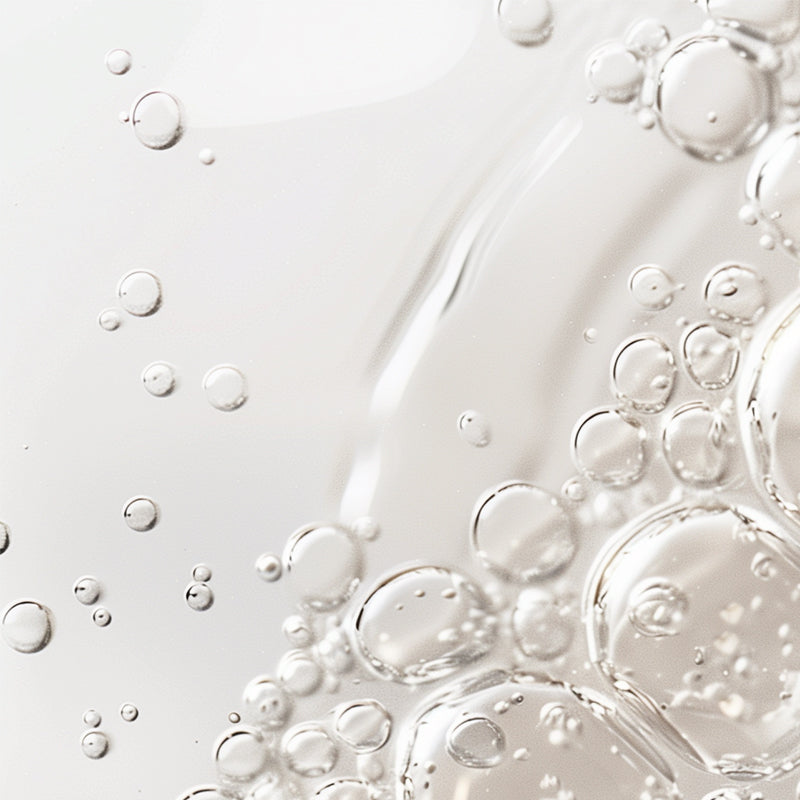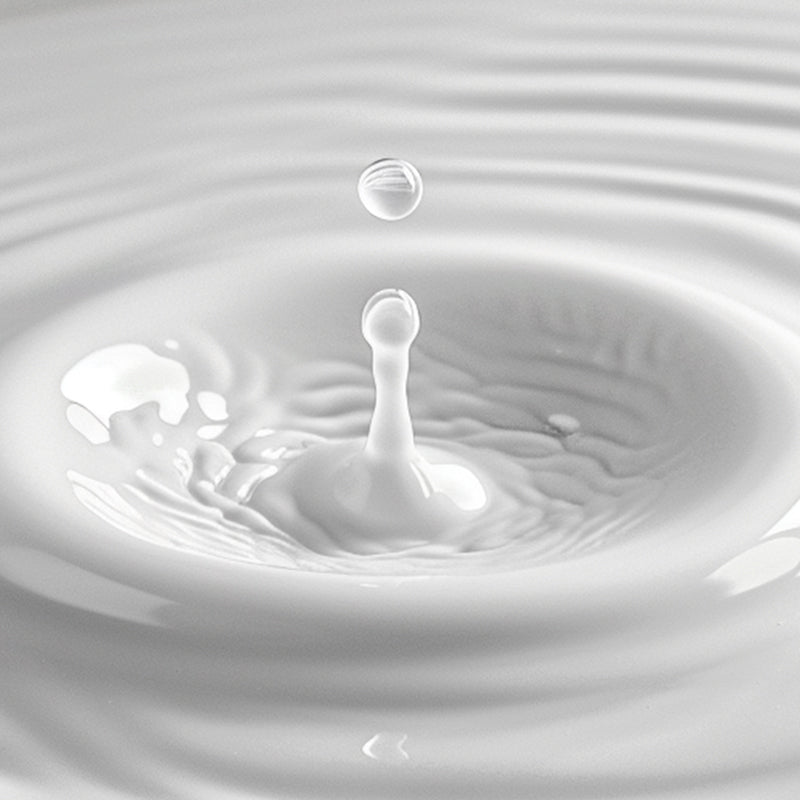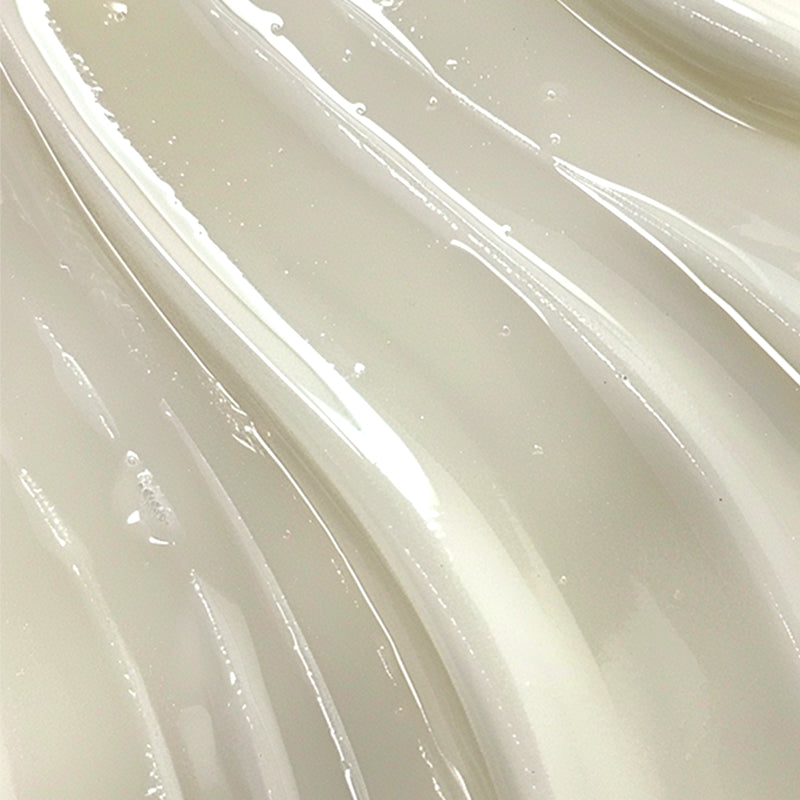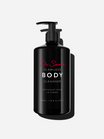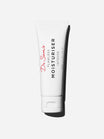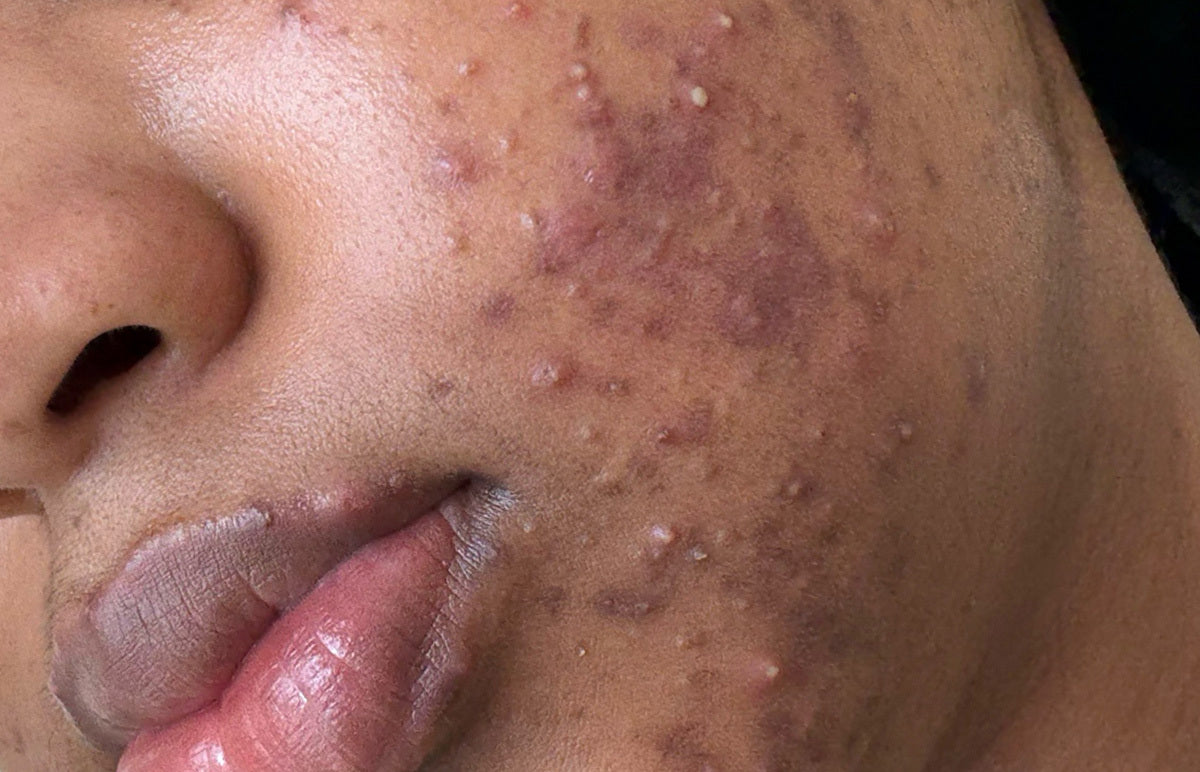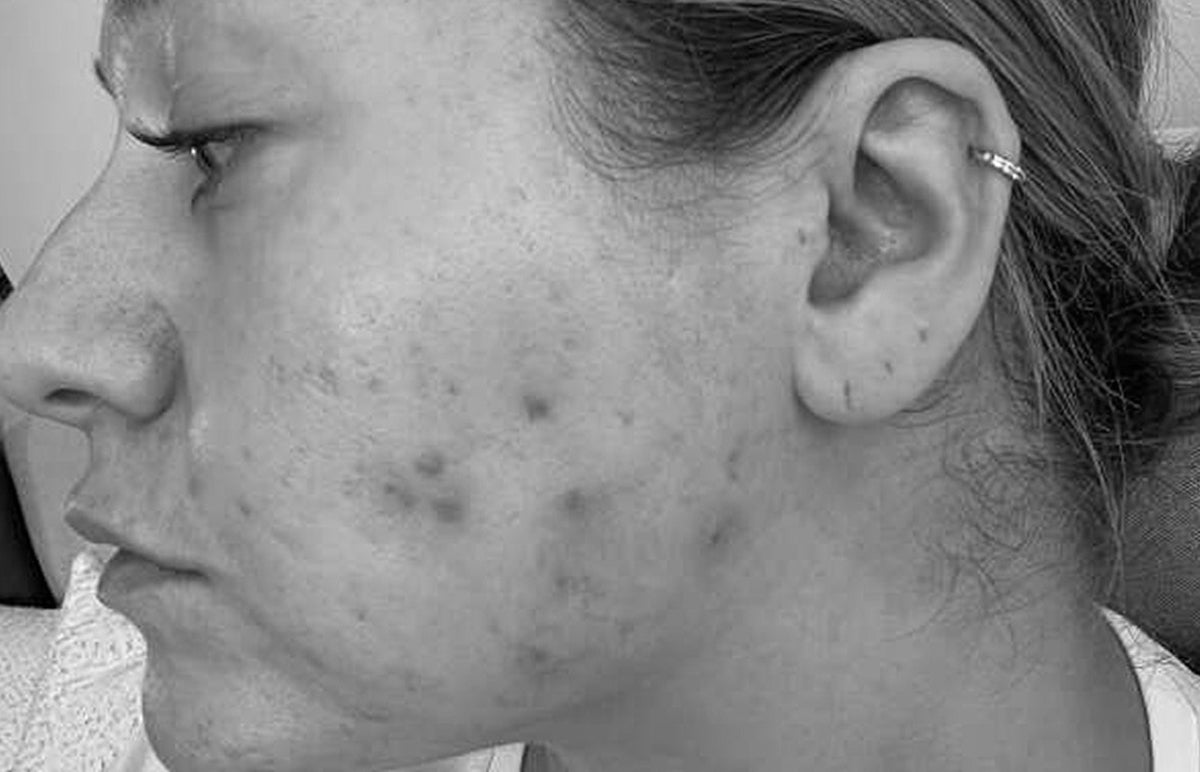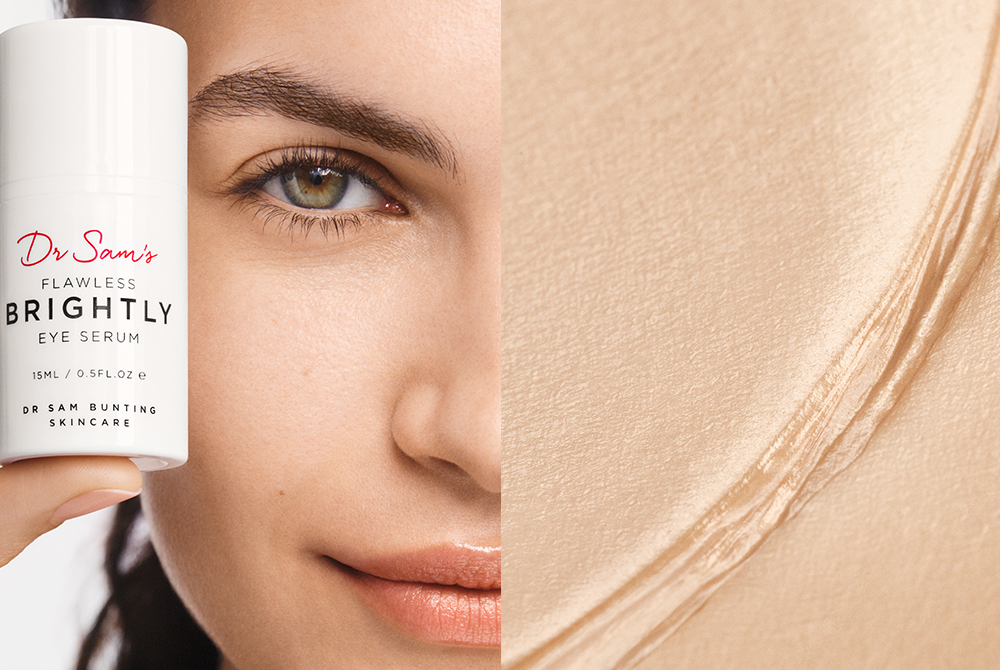One of the most common questions I get asked is about retinoids - which one is the right one for me? The collective noun “retinoid” refers to the family of ingredients derived from vitamin A and includes retinyl palmitate, retinol, retinaldehyde, and hydroxypinacolone retinoate (HPR). I’d like to make an important note here - perhaps a touch pedantic! - there is no such thing as “retinols”, a term that’s frequently misused. There are retinoids, of which retinol is one type. These are commonly used in skincare products to improve the appearance of fine lines, wrinkles, and uneven skin tone. However, not all retinoids are created equal, and it's important to understand the differences between them in order to choose the one that offers the most benefit for your skin.
Retinoids as a group work by increasing cell turnover and stimulating collagen production, leading to a smoother, more youthful appearance. However, the efficacy of a retinoid can depend on its ability to convert to all-trans retinoic acid, the active form of vitamin A. I don’t include retinyl palmitate in this discussion because almost none makes it passed the skin barrier - you can do better! The key chemistry to be aware of is that both retinol and retinaldehyde *must* go through a series of oxidation steps before they can convert to all-trans retinoic acid, which is the form of vitamin A that can interact with specialised retinoid receptors. This has the effect of triggering increased or altered gene transcription inside the cell’s nucleus. Remarkably, more than 3000 genes are potentially influenced by retinoid binding to receptor. Within the cosmetic retinoid receptor space, HPR is the exception in that it’s already in its active form and can bind directly to retinoid receptors without the need for oxidation.

Retinol is the most common form of retinoid found in over-the-counter skincare products. While it is proven to be effective, it is also the least stable and can be easily degraded by light and air. It is also somewhat irritating relative to it’s efficacy, making it less suitable for sensitive skin at higher doses. Retinaldehyde, by contrast, requires one oxidation before it can convert to all-trans retinoic acid.Both forms benefit from a process called encapsulation which helps protect them from breakdown on the shelf - but this has the potential impact of adding additional cost to the formulation.
HPR is inherently more stable than both retinol and retinaldehyde - this practical consideration is an important one given that you’re likely to take a few months going through any standard sized retinoid product (usually around 30ml). It is also less irritating than retinol and retinaldehyde relative to its efficacy, making it a great option for those with sensitive skin or those just starting out.
In conclusion, when it comes to choosing the right retinoid for your skin, it's important to consider the stability, irritation potential, and relative efficacy of the product. While retinol and retinaldehyde can be effective, they can also be irritating and less stable (or if encapsulated may be more pricey). HPR, on the other hand, is already in its active form, making it more effective and less irritating, making it the best choice especially for sensitive skin. Unsure about which retinoid is right for you? Then it might be worth seeking medical advice, especially if you have a specific skin concern. The good news is that investing your time and energy in this one step will offer tremendous benefits for almost everyone.

